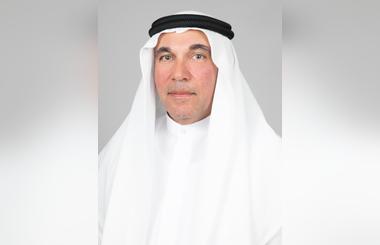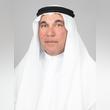
- ID Number 24275
- Aug 08, 2023
- 202
Income inequality and unemployment top trends of Outlook on the Global Agenda 2015
Income Inequality and Unemployment topped the list of trends in the fourth edition of the Outlook on the Global Agenda, which features insights of the Network of Global Agenda Councils, the worlds foremost community of thought leaders.
Over 1,000 individuals were surveyed for the report, including a sample of Council members as well as the Young Global Leaders and Global Shapers, representing the next generation.
Key finding of the report were revealed at a press conference, held today during the annual Summit on the Global Agenda, currently taking place in Dubai. The Summit has brought over 1,000 members of the Global Agenda Council (GAC) community to discuss the Outlook on the Global Agenda 2015. The GAC is the think-tank to the World Economic Forum.
Speakers at the press conference included Martina Larkin, Senior Director, Head of Global Knowledge Networks, World Economic Forum; Toomas Hendrik Ilves, the fourth President of Estonia; Jose Manuel Barroso, President of the European Commission, World Economic Forum; and Majid Jafar, Chief Executive Officer of Crescent Petroleum, UAE.
Participants discussed the findings of the report, which featured an analysis of the Top 10 trends which will preoccupy experts for the next 12-18 months as well as the key challenges facing the worlds regions. It also includes an overview of global leadership and governance, and the emerging issues that will define our future.
Topping the list of concerns are economic woes, namely the rise of income inequality which emerged as the number one trend after it first emerged as the most underestimated issue in the 2011 edition, as well as the risk of persistent jobless growth. The global leadership crisis also emerged as a key concern, which cuts across all the other issues.
Participants discussed that technology and education, particularly in STEM (Science, technology, engineering and math) fields will play an increasingly important role in tackling these challenges, as will a cooperative partnership between governments and citizens

AAICO and Decoding Data Science Celebrate the Succ...
- Mar 11, 2024

GCC revealed as top export and re-export market fo...
- Mar 06, 2024

Federal Tax Authority Hosts Hackathon to Present C...
- Mar 06, 2024












